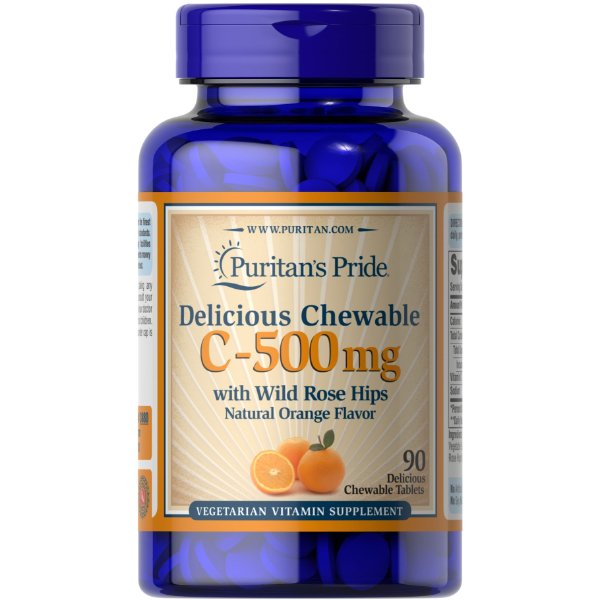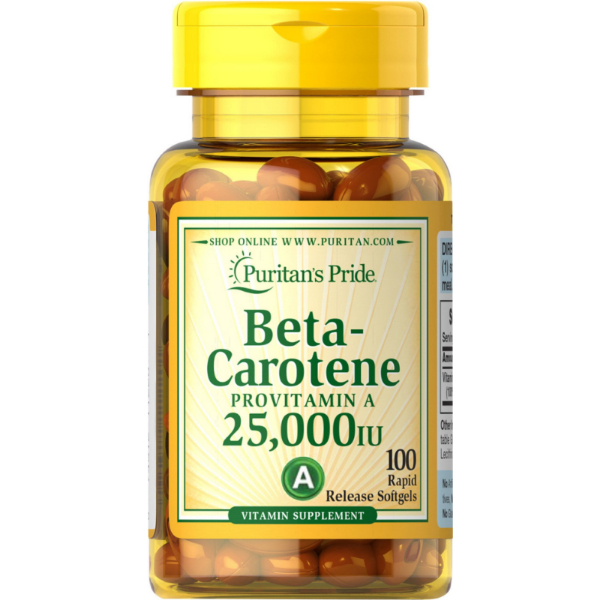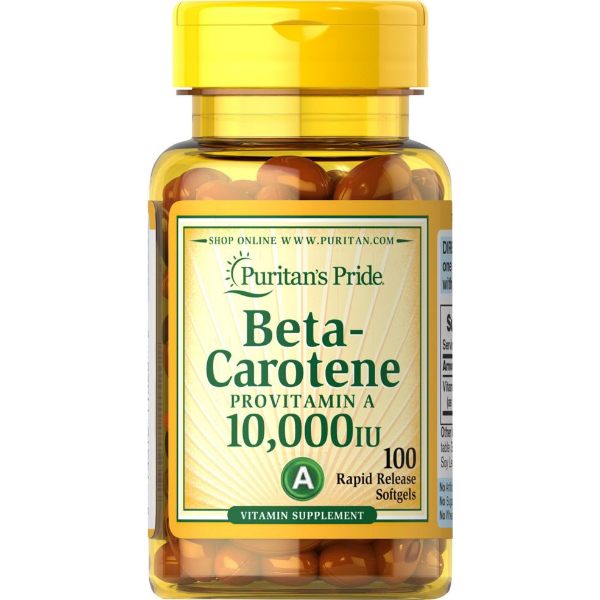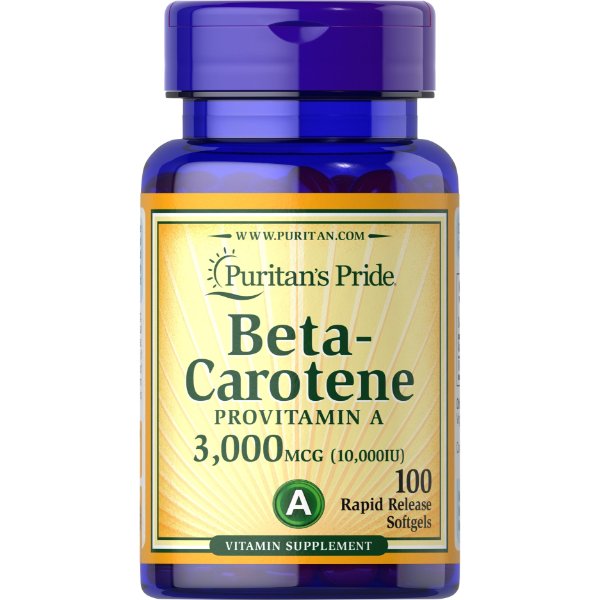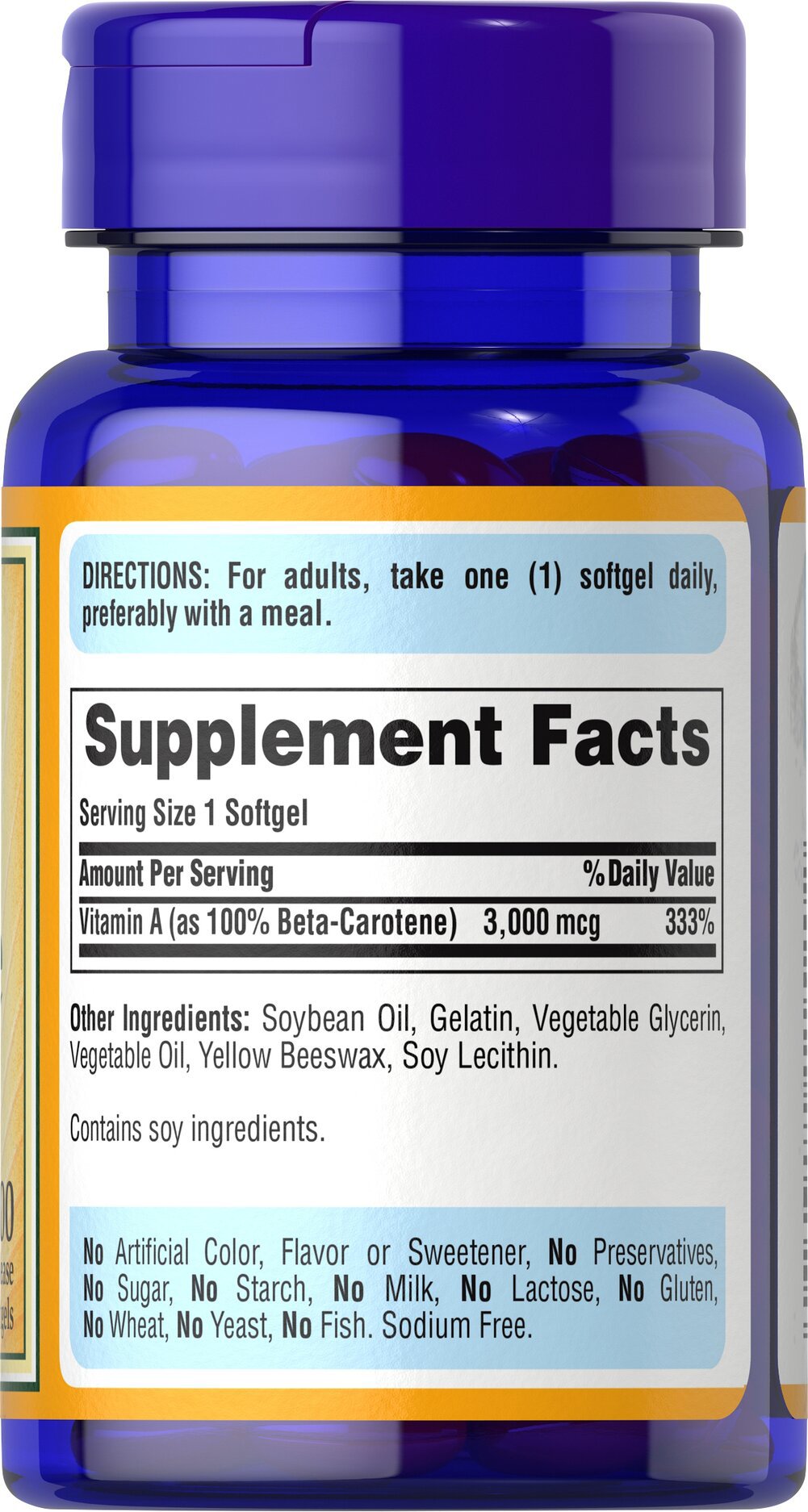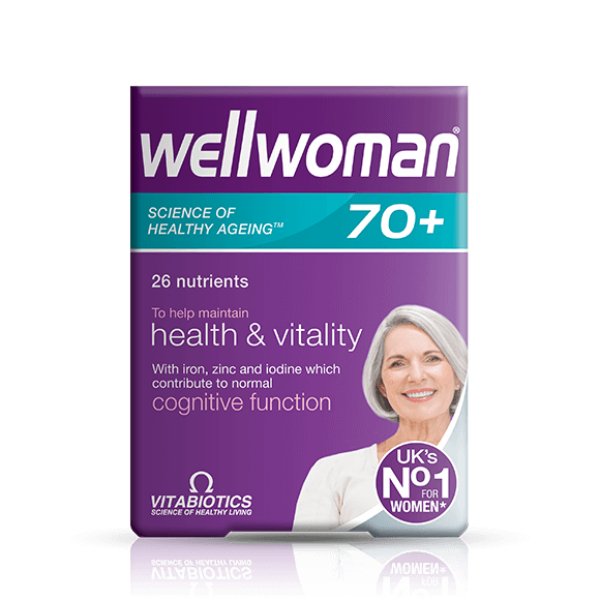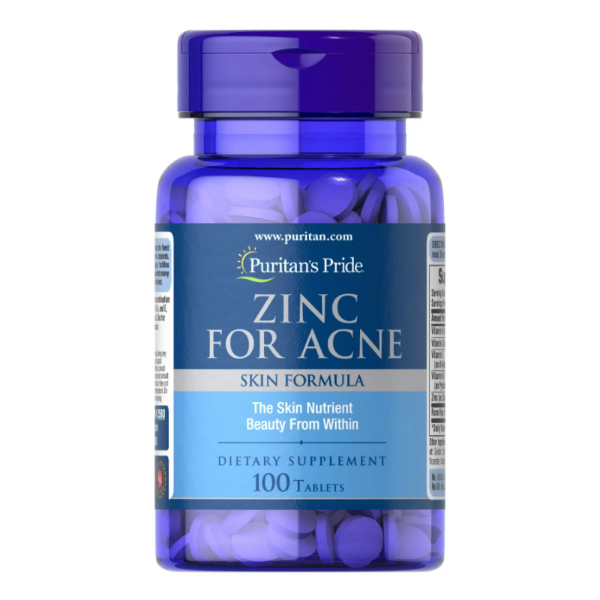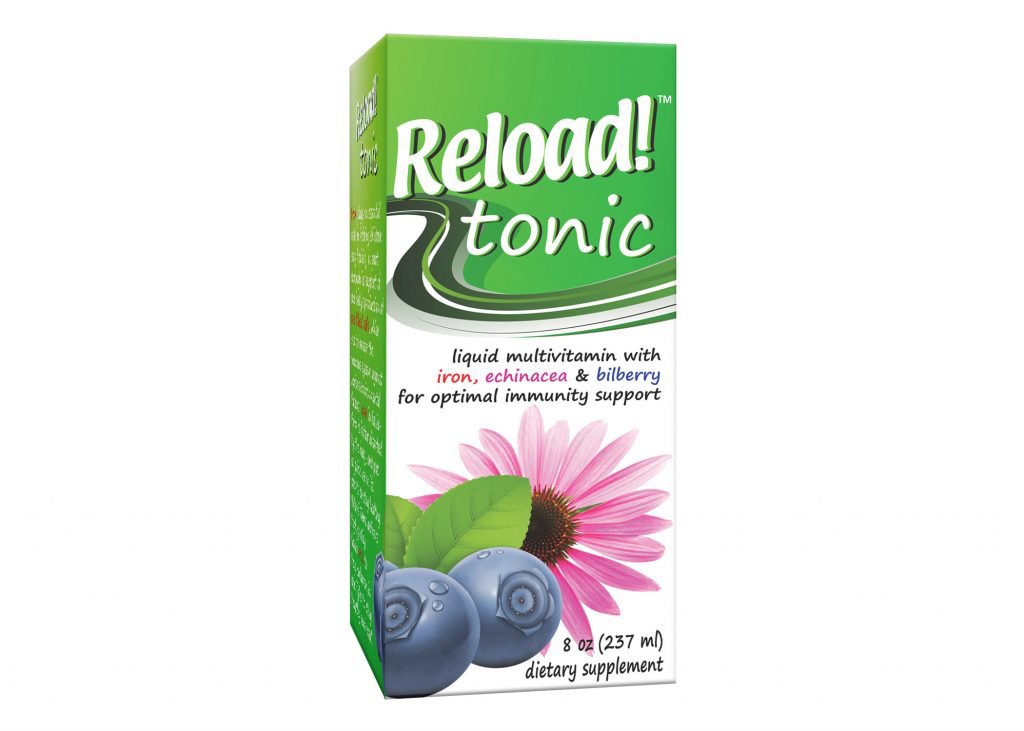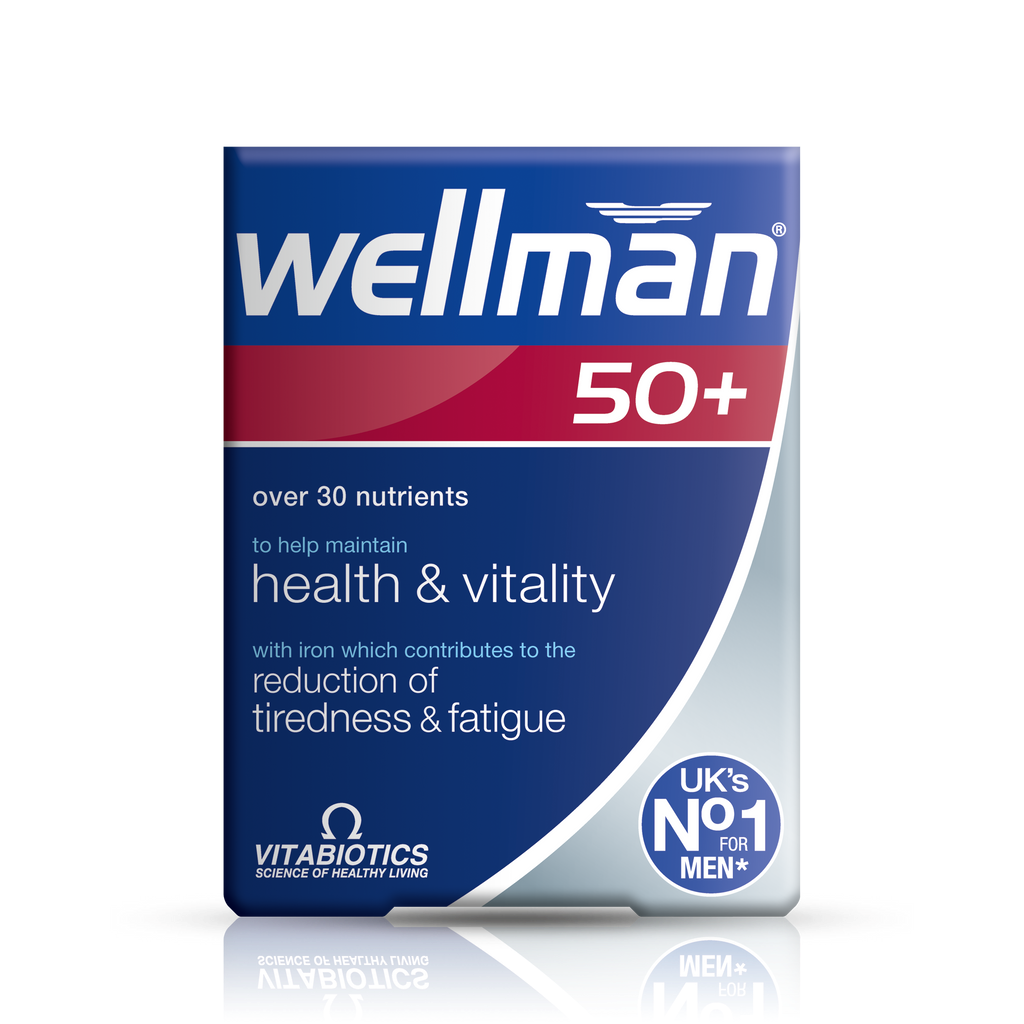Description
Were you ever told as a child to eat all of your carrots because they were good for your eyesight? Your parents may have just been trying to get you to eat your vegetables but it turns out there is some truth to this popular adage. Carrots provide vitamin A which is essential for good vision.*
The retina of the eye contains specialized cells called photoreceptors which are responsible for detecting light and in turn sending a signal to the brain which is eventually converted into an image. There are two different types of photoreceptors, ones that are particularly good at seeing colors in bright light and others that see greyscale images in dim light. Vitamin A is an essential component of the signaling process that occurs in the visual cycle for color vision and low-light vision.* As such, vitamin A is important for maintaining healthy vision and nutritionally supports eye health.*
Vitamin A can be found in both plant- and animal-based foods. In animal foods, vitamin A is found in a form that is readily used by the body. Animal-based sources of vitamin A include liver and fish liver oils, eggs, and whole milk. Many plant foods contain vitamin A precursors such as beta-carotene that must be converted to bioactive forms of vitamin A in the body. These include many colorful fruits and vegetables like sweet potatoes, carrots and mangoes, as well as leafy green vegetables.
Dietary intake data shows that almost 60% of Americans do not get enough vitamin A from food alone.5
The Recommended Dietary Allowance (RDA) for vitamin A is 700 mcg for adult women and 900mcg for men. If you are one of the many not meeting the daily recommendations, dietary supplements are an invaluable tool for filling in those nutritional gaps and to help maintain the health of your eyes*

